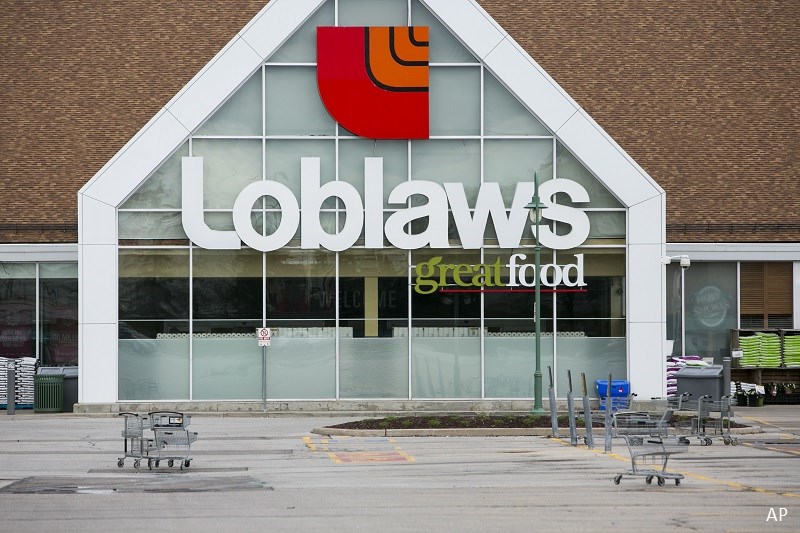
There’s nothing wrong with exclusionary investing—it’s one of the six kinds of sustainable investing we’ve identified. But choosing to look away from an industry also means you might miss some great opportunities.
In addition to fossil fuels and weapons, “sin” stocks like alcohol and tobacco are common targets for values-based exclusionary investing, which simply means choosing not to own specific stocks or sectors because of your values. But while a focus on values might preclude owning these industries for many sustainable investors, the valuation effects from ESG risks are more nuanced. To us, that difference has created opportunities for shrewd investors.
Alcohol
Let’s look at alcohol, for instance. Based on assessments from Sustainalytics (a Morningstar company that provides sustainability research), the biggest environmental, social, or governance risk for alcohol stems from water use. Indeed, beer contains roughly 95% water while liquors tend to contain roughly 40%-60% water. But water isn’t just an ingredient. It’s critical to production, including cleaning, cooling, and packaging. And water is even more important given its direct impact on product quality and experience, as well as the growing of ingredients like barley, corn, and other crops.

Unfortunately, demand for water will likely exceed available supply, accelerating depletion of underground aquifers. Our analysis estimates unmet demand of 111 billion cubic meters for 2030. As more groundwater is needed, pumping from deeper levels will double water costs by 2030. And while the water cost to make a single bottle of beer would amount to roughly one tenth of a U.S. penny—a microscopic part of the retail price—water is still an important ESG issue for risks to a company’s reputation and other assets. In 2020, Constellation Brands (STZ) abandoned a nearly complete brewery in Mexico after spending $900 million, over fears of worsening water shortages for local farmers.
These concerns are on the minds of many investors, including those that opt to not in invest in companies driving potential water shortages worldwide. But we think the risk is mitigatable.
First, both technology and process improvements can improve efficiency, lowering cost and opposition risk. Second, we think economic moats, which describe how likely a company is to keep competitors at bay for an extended period, can help maintain margins. Moats in alcohol are largely due to cost advantage. While higher water costs would affect all equally, scale over fixed costs would still allow companies with moats to absorb increases better. Having a powerful brand could also help producers pass rising water costs on to customers
Of course, water issues aren’t the only rationale for some investors eschewing alcohol companies in their portfolio. Another important ESG risk to alcohol stems from health impacts. Indeed, mindful drinking, the increased popularity of abstinence, and health concerns have caused consumption to decline. We expect these trends to continue.
However, we think producers can also mitigate this social risk. First, ongoing premiumization—that is, consumers willing to pay up for higher-quality beverages—can offset lost volumes with higher prices. Second, investments in nonalcoholic beverages, such as energy drinks and kombucha, as well as no- or low-alcohol versions of beers, wine, and spirits, can match changing preferences while taking advantage of alcohol producers’ strong existing relationships with retailers and distributors. For us, simply avoiding investing in alcohol producers ignores these offsetting factors that arguably contribute to a company’s sustainability.
Tobacco
Tobacco companies have similarly been a poster child for many exclusion-minded investors. Sustainalytics sees similar social risk for tobacco producers given the products’ severe adverse health effects and addictiveness. And this has had financial implications; partly owing to regulatory pressure and broader education about health effects, smoking prevalence has declined dramatically. But perhaps surprisingly, country-level differences and population growth mean that the number of smokers still grew 2% to more than 1.5 billion people in 2019.

Still, when it comes to higher taxes and regulation, it’s a question of “when” not “if.” But we think that companies can take some steps to manage the risk. First, producers have invested heavily in cigarette alternatives. The industry argues these are less harmful, though interpretations of the scientific evidence have been mixed. Regulation will probably come for these alternatives, too, but likely faces a longer timeline.
Second, efforts to reduce prevalence have also entrenched existing producers. Consumers are brand-loyal, particularly in premium price segments, supporting an intangible asset rarely found in other consumer industries and that helps pass on externalities to consumers. In all, while tobacco producers are members of nearly every exclusionary investment list, they boast wide moats and only medium ESG risk according to Sustainalytics.
Other Industries
Beyond alcohol and tobacco, we’ve also seen even more industries that have started to become associated with traditional “sin” concerns, including video games and cannabis. Here, addiction is increasingly a focus for regulators, consumers, and investors.
Video game addiction remains debated. More than 10% of gamers report spending more than 20 hours per week playing, fueling addiction concerns. However, evidence of social damage akin to that created by alcohol and gambling addiction is lacking. Thus, we view major regulation on video games as unlikely overall.
Depending on whom you ask, cannabis is either about as harmless as a beer, or is a worrisome gateway drug. But when it comes to ESG risks, it matters little as restrictions are already as heavy as tobacco’s. Given long illicit and short legal histories in Canada and some U.S. states, it’s no surprise that any legalization came with comprehensive restrictions. And because of a historical association with criminal elements, we expect strict testing, restrictions, and tracking to remain in place.
Additionally, taxes are already very high in legal markets. Any further increase in taxes could push demand back into the black market. Thus, we see low risk for even higher taxes or meaningfully stricter regulation.
Ultimately, while there are ESG risks to consider in any potential investment, a purely exclusionary approach to “sin” stocks would exclude attractive current opportunities in alcohol, tobacco, video games, and cannabis, where market prices diverge sharply from our fair value estimates. These include:
- AB InBev (ABI): With strong emerging-markets exposure and a cost advantage in some of its scale markets, we think AB InBev should trade at multiples of normalized earnings at least as high as some of its competitors.
- Boston Beer (SAM): Despite near-term challenges in hard seltzer, we continue to believe that Boston Beer possesses strong product resonance across the brand portfolio, underpinning support for our narrow moat rating, and we see shares as undervalued.
- Imperial Brands (IMB): While we consider Russia’s invasion of Ukraine to be materially negative to cash flows at least in the short term, we think the market has overstated the valuation impacts on Imperial Brands.
- Roblox (RBLX): While the momentum generated from the coronavirus pandemic appears to have dissipated, global growth and engagement continue to improve. We expect that the firm’s investments in improving reach among older gamers will pay off, which will drive improved bookings growth. With shares trading at a significant discount to our fair value estimate, we believe investors can gain exposure to the firm’s unique model with a large margin of safety, but we expect the stock to remain highly volatile.
- Curaleaf (CURA), Green Thumb (GTII), and Canopy Growth (WEED): The market remains overly focused on U.S. federal legalization, but we think it’s a question of when, not if. U.S. multistate operators like Curaleaf and Green Thumb will benefit most. Canadian-licensed producer Canopy Growth should also benefit given options for U.S. MSOs upon a change to U.S. federal prohibition.














.jpg)








